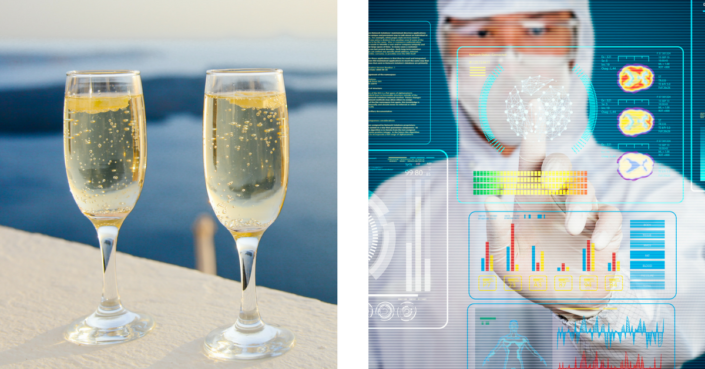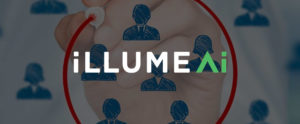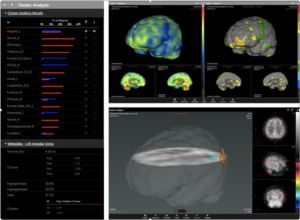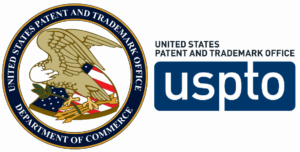Most physicians I know believe in the health properties of wine when taken in moderation. It improves stress levels, lowers risk of stroke and, depending on the research you read, may even help with arterial sclerosis. If nothing else, it helps doctors relax and gives them something other than medicine to talk about.
Wine was central to my thesis when I recently participated in Singularity University’s Global Forum, a world-class collection of thinkers, leaders and doers who educate, influence and inspire other on the front lines of technical innovation. I was a member of the Breakthrough Panel, which included other leaders in neuroscience.
I used an analogy to show how, like the human brain, no two vintages of wine are the same but they do have similarities that connect them in a variety of ways. An experienced sommelier is trained to pick up on the subtle differences between wines, just like a physician is trained to identify the subtle differences between medical conditions.
Addressing the uniqueness and complexity in identifying abnormalities in the human brain, which has been greatly enhanced through the use of breakthrough technology and advanced data analytics, is much like addressing the subtleties of different wines. Instead of an aficionado using his or her trained nose and palate, doctors and other medical specialists need to apply new technologies to collect data about traumas, symptoms, imaging, genomics and more on one side, and help deliver faster and more accurate diagnoses for conditions ranging from Alzheimer’s to strokes.
I cited recent literature and use cases, showing the power of data in its objective measurement and predictive capabilities. Put simply, biomedical programs have a treasure trove of data that can be mined to assist in the identification of conditions and the subsequent prescription of therapies. because of big data analytics, physicians can know dramatically more about their patients and directly translate that knowledge into improved decision making and results.
The bottom line from the Global Forum is that collaboration and data sharing drives progress and innovation in the medical fields and beyond. For the wine lover, this means a future of good drinks and even better medicine.
John A. Kelley, Jr., is Chairman and CEO of CereScan, a functional brain diagnostics company headquartered in Denver.




